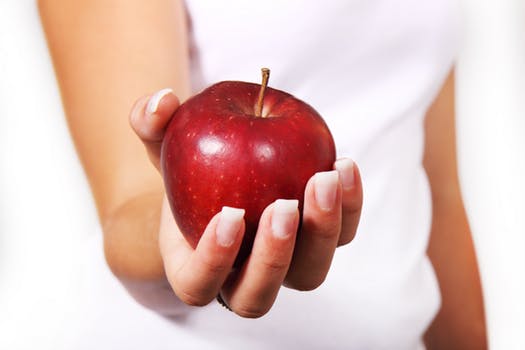Salience Bias, or Why it's Okay to Eat the Apple

Apples: they’re full of fiber, antioxidants, and vitamins. And yet, if your young child scored a homemade candy apple while Trick-or-Treating, there’s a chance you’d be telling them to discard that fruit at first opportunity. After all, remember that news story about malevolent weirdos hiding razor blades in their Halloween apples? Surely that’s important to keep in mind here. Salience bias is the human tendency to evaluate situations based on the information available to us, regardless of how relevant that information may or may not be. What is the actual statistical likelihood that somebody in your neighborhood wanted so badly to hurt children that they inserted blades into a bunch of apples? (Keep in mind: basically every reported instance of adulterated Halloween candy has been a hoax, and no serious injuries have ever been reported.) By the numbers, it’s staggeringly more likely that your child would just enjoy a sweet, crunchy snack. But with that razor blade story weighing...


